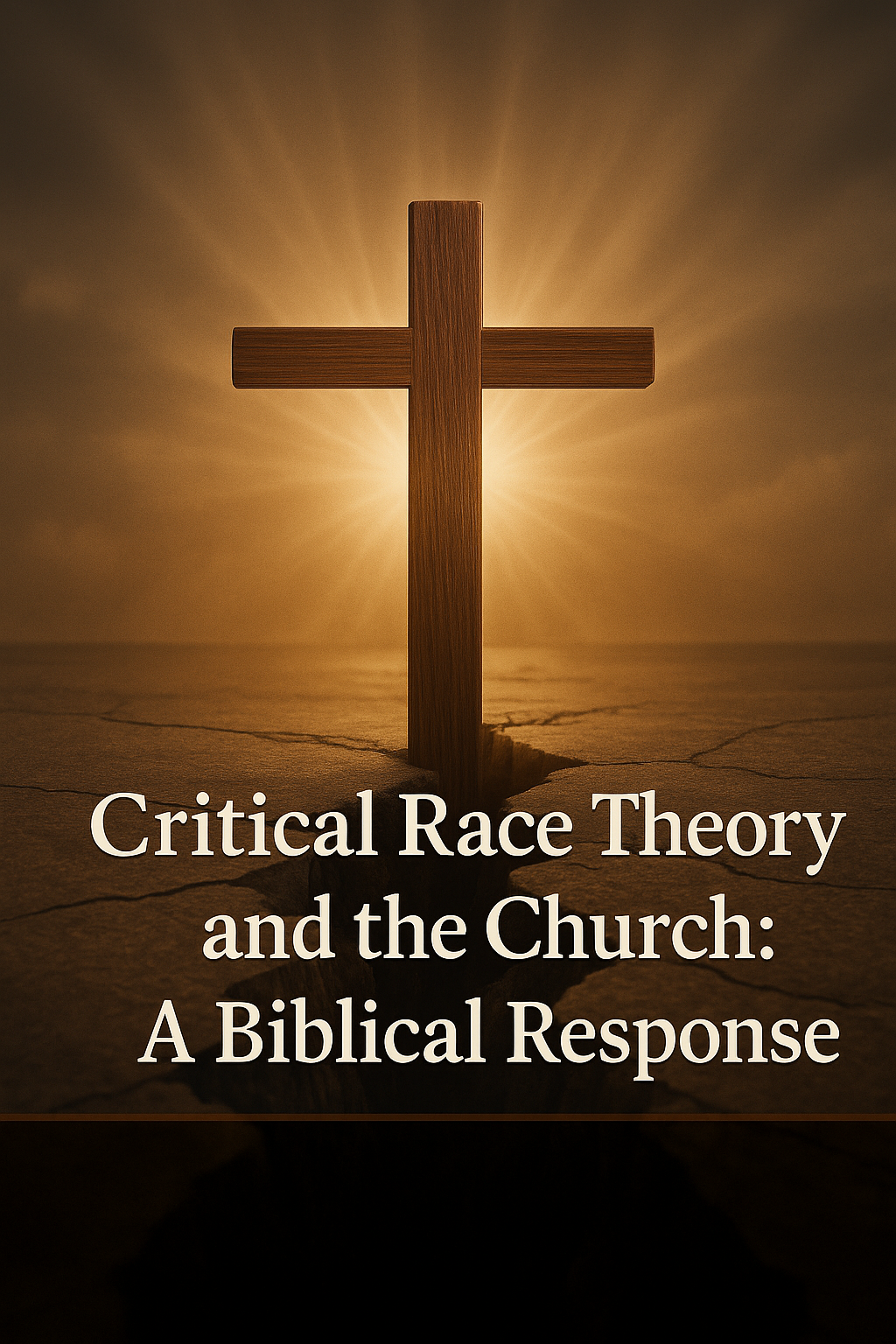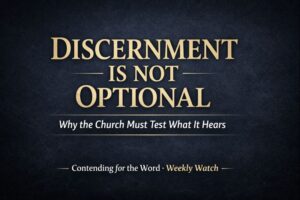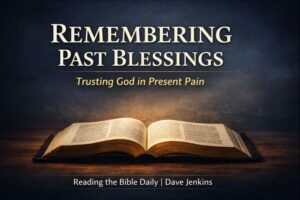⏱️ Estimated Reading Time: 3 min read
Critical Race Theory and the Church
Contending for the Word – September 12, 2025
Written by Dave Jenkins
What Is Critical Race Theory?
Critical Race Theory (CRT) is an academic framework that views society primarily through the lens of race and power. It asserts that racism is not just individual prejudice but is embedded in legal systems, institutions, and cultural structures. While CRT began in legal studies, its influence has spread into education, politics, and even some churches.
CRT often divides people into oppressor and oppressed categories based on skin color or group identity. It teaches that one’s lived experience, rather than objective truth, is the ultimate authority for determining justice.
The Problems with CRT
Though CRT claims to promote justice, it conflicts with biblical truth in several key ways:
- A False View of Sin, Scripture teaches that sin is universal, rooted in the human heart (Romans 3:23). CRT redefines sin as primarily systemic and tied to group identity.
- A False View of Justice, Biblical justice is grounded in God’s law (Micah 6:8). CRT often promotes partiality and collective guilt, which Scripture forbids (Leviticus 19:15, Ezekiel 18:20).
- A False View of Unity, The gospel unites believers from every tribe, tongue, and nation in Christ (Ephesians 2:14–16). CRT fosters division and suspicion between groups.
- A False Hope, CRT’s “salvation” is activism, dismantling systems, or perpetual penance. The Bible offers true reconciliation through the cross (2 Corinthians 5:18–19).
How Should Christians Respond to Critical Race Theory?
Christians must reject CRT as a worldview because it undermines the gospel. At the same time, we should acknowledge that racism and partiality are real sins and must be opposed. The church should lead the way in displaying the unity of Christ’s body and the love of God for all people.
Biblical justice calls us to:
- Uphold equal dignity, Every person is made in God’s image (Genesis 1:27).
- Reject partiality, God shows no favoritism, and neither should His people (James 2:1–9).
- Pursue true reconciliation, Unity comes not through theory or activism but through Christ (Galatians 3:28).
- Preach the gospel, Only the new birth changes hearts and brings lasting peace.
Why This Matters
CRT is attractive because it names real problems, like racism and injustice. But it offers the wrong solutions. Instead of pointing to Christ, it points to endless division, guilt, and works-based attempts to fix what only God can heal.
If the church embraces CRT, it exchanges the gospel for another worldview. But if the church stands on the sufficiency of Scripture, we can proclaim the only message that brings true freedom, salvation in Jesus Christ.
Conclusion
Christians should respond to CRT with both clarity and compassion. We must clearly reject it as a false worldview that contradicts God’s truth, while compassionately pointing people to Christ as the only hope for reconciliation, justice, and peace.
As Micah 6:8 reminds us, true justice is not found in human theories but in walking humbly with God, loving mercy, and doing justice according to His Word.
For more from Contending for the Word Q&A please visit us at Servants of Grace and at our YouTube.
Dave Jenkins is happily married to his wife, Sarah. He is a writer, editor, and speaker living in beautiful Southern Oregon. Dave is a lover of Christ, His people, the Church, and sound theology. He serves as the Executive Director of Servants of Grace Ministries, the Executive Editor of Theology for Life Magazine, the Host and Producer of Equipping You in Grace Podcast, and is a contributor to and producer of Contending for the Word. He is the author of The Word Explored: The Problem of Biblical Illiteracy and What To Do About It (House to House, 2021), The Word Matters: Defending Biblical Authority Against the Spirit of the Age (G3 Press, 2022), and Contentment: The Journey of a Lifetime (Theology for Life, 2024). You can find him on Facebook, Twitter, Instagram, Youtube, or read his newsletter. Dave loves to spend time with his wife, going to movies, eating at a nice restaurant, or going out for a round of golf with a good friend. He is also a voracious reader, in particular of Reformed theology, and the Puritans. You will often find him when he’s not busy with ministry reading a pile of the latest books from a wide variety of Christian publishers. Dave received his M.A.R. and M.Div through Liberty Baptist Theological Seminary.




